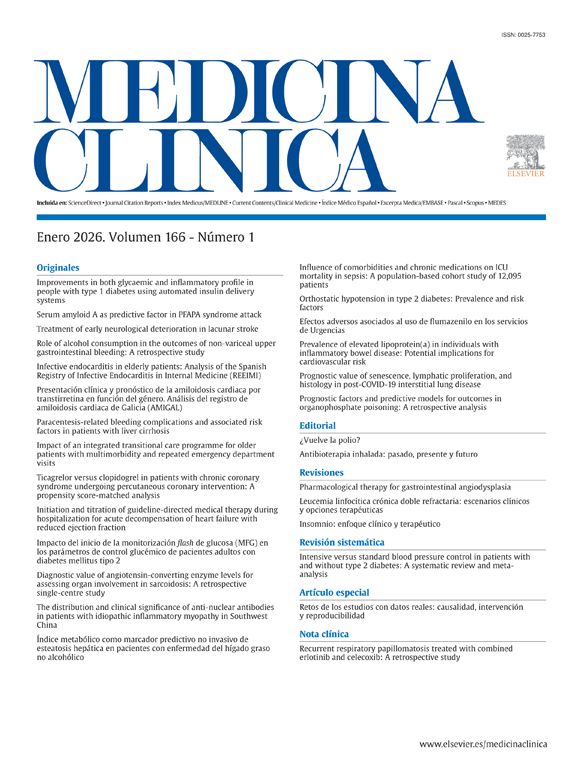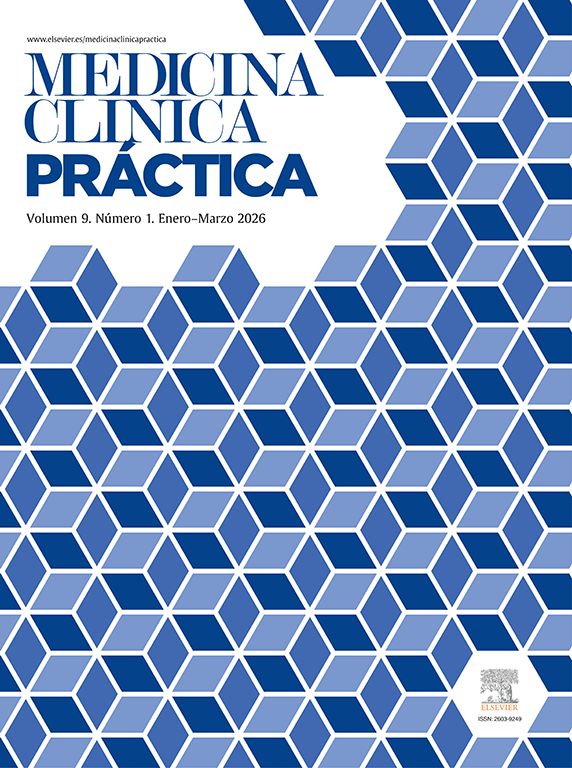Since its declaration as a Public Health Emergency of International Concern on 30 January 2020 by the World Health Organization,1 the severe acute respiratory syndrome coronavirus 2 (SARS-CoV-2) has represented a major challenge for healthcare systems worldwide.
Several scientific reports about its epidemiology, clinical course, laboratory testing, treating support, or management guidelines, have been published. A quick search with the term COVID returns a result of 5355 publications in Pubmed/MEDLINE and a total of 2093 preprints collected in medRxiv and bioRxiv, between December 2019 and April 23, 2020. These considerably significant data represents one represents one of the greatest problems of scientific novelties, especially in the case of pandemics like the one we are experiencing: the lack of scientific consensus. Generating this number of studies brings with it a considerable amount of confusion, making the stratum of society that does not have the tools to identify scientific characteristics or critical reading ability especially vulnerable.
In the scientific system, the publication of results is essential. Sometimes, this process is tedious and slow, but it ensures rigor. The peer review system, which has been in operation since 1782, is the preferred method of assessing the quality of a scientific publication. Although we do not have a much more efficient selection method that implies “scientific quality”,2 in some cases, the appearance of preprints, early versions of a study, help speed up this process. The benefits of having scientific results before they go through peer review are not in discussion. But what happens with people that are not used to distinguishing between a preprint and a consolidated paper? Great part of the society, even a science-educated society, is taking results published in preprint databases as scientific facts.
An example of this is what is happening with the hydroxychloroquine as a treatment for SARS-CoV-2 infection.3 The emergence of things around these results has fueled the belief that this is an effective medication when, in fact, we do not know for sure. Likewise, overdose of clinical guidelines and reviews (considered the top of the evidence-based medicine pyramid) of the different aspects of the disease, with 426 publications in Pubmed/MEDLINE, is overwhelming. Do we really know as much as for this publication volume?
In these times, the need to publish is a fact. The competition between publications is fierce and wild. Editors are required more and more publications, imposing culture in the scientific world of “publish or die”. On the other hand, because a retraction is often considered an indication of wrongdoing, many researchers are understandably sensitive when one of their papers is questioned. That stigma, however, might be leading to practices that undermine efforts to protect the integrity of the scientific literature.4
All this situation, together with the climate of concern experienced by society, can lead to the use of preprints as a throwing weapon in argumentation, where social networks and the media represent the common thread of this set of opinions and emotions. Although they could represent an advance and improvement, putting themselves at the service of scientific publication, it can be a double-edged sword generating a state of “misinformation”. Twitter, for example, is a social network that attracts the attention of scientists for its potential to improve its prestige and the scope of its work.5 Despite the service's efforts to control the quality of information, the network has become a sink for confusing and not very rigorous information. This is a problem because it sometimes blurs the line between what are scientific facts and what are untested hypotheses.
Without a doubt, the SARS-CoV-2 pandemic has begun to influence the way we understand and do science. It is clear that there is a need to generate more knowledge and scientific applications to develop remedies and diagnoses, but this should not be at any price. Responsible action by governments, citizens, the health system and the scientific community is required in order to promote a more international and collaborative quality science. Let us not lose our critical spirit.
DisclosuresThere was no conflict of interest and the author has nothing to declare. This research does not involve human participants.







